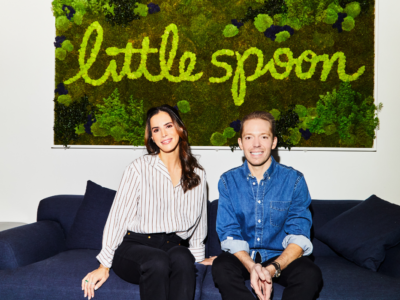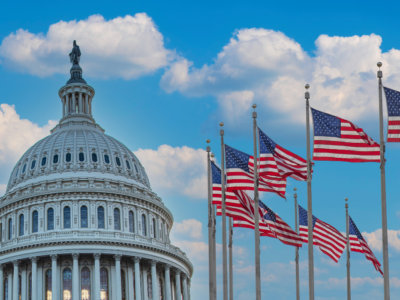This article was originally published in July 2024 to address community questions surrounding baby food safety regulations. Please note that the information contained within may no longer reflect current regulations, standards, or events.
What’s Glyphosate Anyway?
Glyphosate might sound like the name of a villain in a low-budget sci-fi flick, but it’s actually the world’s most popular—and controversial—herbicide. Picture this: it’s the 1970s, and agricultural scientists unveil a chemical that can kill almost any weed in its path. Fast forward a few decades, and glyphosate is not just in every farmer’s tool shed but also at the center of global debates, making headlines like celebrities getting pulled over in the Hamptons.
Originally patented by Monsanto under the brand name Roundup, glyphosate works by inhibiting a specific enzyme pathway, the shikimic acid pathway, which is crucial for plants and some microorganisms. This pathway is not found in humans or animals, which initially led to claims of its safety. However, the fact that it’s literally everywhere in global agriculture has sparked concerns about its effects on human health and the environment.
Why Is Everyone Talking About It?
Glyphosate has been popping up in your news feed more than baby pictures from that second cousin you barely know. It turns out slaying weeds might also come with some unwanted side effects, like environmental issues and health debates that just won’t quit.
Recently, studies linking glyphosate to health issues (specifically non-Hodgkin lymphoma, and neurotoxicity) have turned it from a garden variety villain into a courtroom drama star.
Should We Be Worrying?
- Beyond just zapping weeds, glyphosate can run off into our rivers and mess with aquatic life. Not cool, especially if you’re a fish.
- The World Health Organization’s cancer research arm threw some shade calling glyphosate “probably carcinogenic.” However, agencies like the U.S. EPA has “no risks of concern to human health from current uses of glyphosate.”
- Just when you thought weeds were annoying enough, some have evolved to laugh in the face of glyphosate. Great, now we have super weeds because, of course, we do.
- With the scientific community divided on whether or not glyphosate is definitively a health concern, parents should consider a precautionary approach and avoid when they can.
Why Little Spoon Parents Can Keep Their Cool
While the rest of the world is losing sleep over glyphosate, Little Spoon parents can rest easy. Here’s why:
- Picky Eaters? Nah, Picky Ingredients: Little Spoon is like that overprotective parent at the playground. We’re super strict about where we get our ingredients, opting for USDA certified organic farm partners for our delicious Babyblends. Those USDA organic farms use farming techniques that enhance soil health, promoting biodiversity and reducing reliance on any form of chemical weed control. Healthy soil leads to nutritious ingredients, which means healthier food for your kids.
- Organic is key: Because Little Spoon Babyblends are made from organic ingredients, it means no glyphosate because, well, it’s not invited to the organic party. Organic farming bans the use of glyphosate, ensuring that the food not only tastes good but is also free from harmful chemical residues.
Choosing Little Spoon for your baby means letting go of the worry, especially when it comes to weed killers turned rogue.
So there you have it, glyphosate demystified. Here’s to worry-free parenting (if such a thing exists). Cheers, folks!



